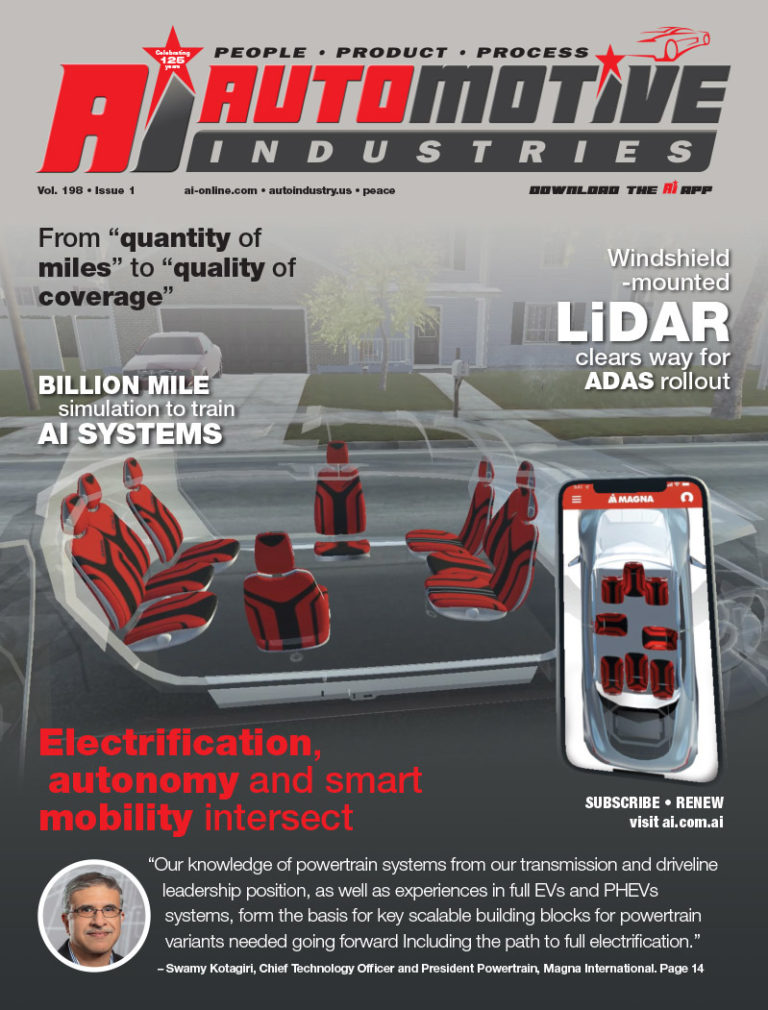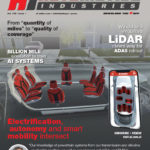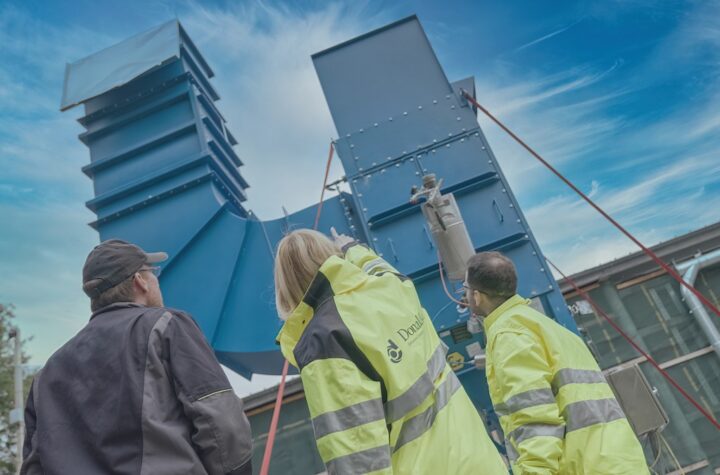BMW’s new 650 units a day plant in Leipzig, Germany, will come on stream with the introduction of the a new generation BMW 3 series in 2005.
Although one of the benefits BMW could have gained by locating outside of its German heartland was a lower wage structure, in the end the company’s need for flexibility – job structures, integrating the new facility into the BMW Plant Network, process management – together with grants, resulted in the Leipzig winning the bid, according to Prof. Dr. Burkhard Gőschel, BMW board member responsible for purchasing and development.
He says flexibility, in all aspects of its operations, is increasingly the byword at BMW. “One of BMW’s strengths always was and increasingly is to cope with complexity and with flexibility. Since our decision to open a second production plant in Dingolfing, in 1972, we have been able to shift production capacity from one plant to another, and to move a certain BMW series from one plant to another. Our flexibility to produce cars in line with customer demand was dramatically increased by establishing our working shift pattern in Regensburg, in 1986. This allowed us to produce up to 99 hours a week, using a working time account for our associates, so that they work longer hours when demand is high and have more spare time when demand is lower.
“In Leipzig we will have a flexible production scheme of between 60 and 140 hours a week, which is a benchmark worldwide for premium car production. The new plant is determined to our COSP (Customer Oriented Sales and Production Process), which allows customers to change their car’s specification, such as the colour, interior, engine-type, and technical options up until six working days before production of the car starts without having a negative influence on the agreed delivery week. This is also a worldwide benchmark with regard to customer flexibility.”
The Leipzig plant also features a supply center, which will house a number of key systems and module suppliers feeding in-sequence into the final assembly hall. It is the first time that BMW has utilized this concept for one of its European operations.
The supply center will act as both a final assembly area for systems and modules and also as reception for all externally supplied components. BMW says around 13,000 m2 of material will flow into Leipzig each day, which calls for a very sophisticated logistics management, especially for larger on-site assembled components such as seats and cockpit modules. These and other parts will be fed into the production area in-sequence, using automated feeder tracks. BMW believes the system will cut transport by one-third compared to a conventional supply system.
“The current decision is to have four major suppliers on site: ThyssenKrupp Automotive Systems (axles), Faurecia (dash board, seats, front end), Industrealesud (head liner), and TI Group (break lines, fuel lines, etc). It is expected that on the long run other suppliers will move to this region, where Volkswagen, Opel, and Porsche have also established plants. As well as delivering their modules in sequence, another consequence of the concept is that it will enable a very quick feedback on criteria, such as quality,” he says.
Despite the establishment of the supply center, it does not automatically mean that BMW will, in overall terms, be placing greater reliance upon suppliers than before, according to Gőschel “Our in-house level, with regard to the complete product range, averages about 30%. We won’t have a change on that average level in total, but there is a tendency to use more pre-assembled modules. The reason is to realize advantages in development and purchasing processes and, of course, to allow a tremendous number of variants while maintaining production costs.”














































 Coega - a manufacturing base for new technologies
Coega - a manufacturing base for new technologies


